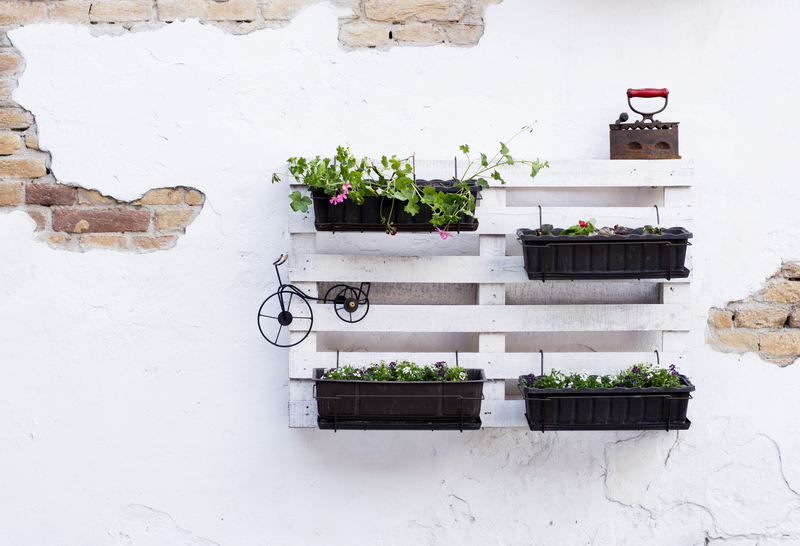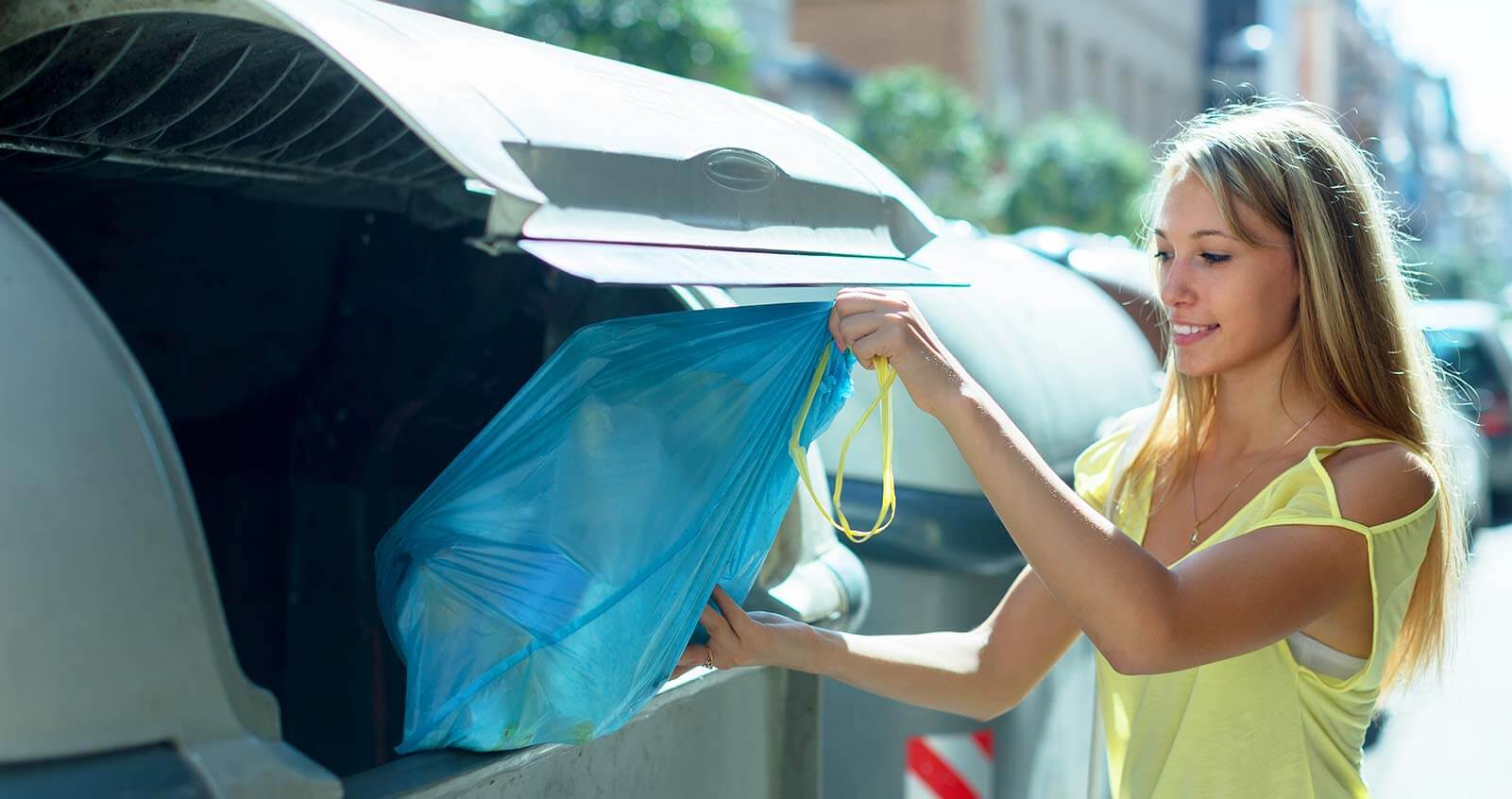Skip Bags for All Rubbish Types
Posted on 17/01/2025
Skip bags are a versatile and practical solution for waste disposal. They offer a convenient method to manage various types of rubbish, whether you're dealing with a small household clean-up or a major renovation project. Unlike traditional skips, skip bags are flexible, making them ideal for jobs where a skip might not fit or isn't necessary.
Types of Rubbish Handled by Skip Bags
Skip bags are designed to handle almost every type of rubbish. From general household waste to garden debris, renovation waste, and even construction materials, skip bags are a robust and adaptive waste disposal method. Here's a breakdown of the types of rubbish that can be conveniently disposed of using skip bags:
- Household Rubbish: This includes old furniture, clothes, toys, and other household items that you've decided to declutter.
- Garden Waste: Leaves, branches, soil, and other organic materials from your garden can be easily handled by skip bags.
- Renovation Debris: If you're renovating your home, skip bags can hold materials like tiles, plasterboard, wood, and other construction waste.
- General Refuse: Everyday waste that doesn't fit into typical bins can be thrown into skip bags, such as packaging and non-hazardous materials.

Benefits of Using Skip Bags
Opting for skip bags comes with several notable benefits:
- Size Versatility: Skip bags come in different sizes, making them suitable for a variety of projects, large or small.
- Ease of Use: These bags can be easily purchased from home improvement stores or online, delivered directly to your doorstep.
- Flexibility: Unlike traditional skips which require permits and space, skip bags are portable and can be used in restricted spaces.
- Cost-Effective: They are a cheaper alternative compared to renting a skip, reducing overall waste disposal costs.
- Eco-Friendly: Many skip bag services ensure that waste is disposed of responsibly, often recycling a significant portion of the collected material.
How to Use Skip Bags Effectively
To get the most out of your skip bags, follow these tips:
- Right Size: Choose the correct size of skip bag for your needs. Overloading can make collection difficult and possibly incur extra charges.
- Proper Placement: Place the bag in an accessible location where it can be easily picked up once filled.
- Segregate Waste: Separate different types of waste, especially hazardous materials which skip bags aren't designed to handle.
- Follow Weight Limits: Adhere to the weight limits specified by the skip bag provider to avoid any issues during collection.
Pros and Cons of Skip Bags
Every waste management solution has its ups and downs. Here's a balanced view of skip bags:
Pros:
- Convenient and easy to use.
- Cost-effective compared to traditional skips.
- Available in various sizes for different needs.
- Environmentally friendly with responsible disposal practices.
Cons:
- Limited by weight and size restrictions.
- Unsuitable for hazardous waste disposal.
- Requires proper space for placement and collection.

Key Takeaways
- Skip bags are a versatile and practical solution for various waste disposal needs.
- They can handle multiple types of rubbish but have some limitations regarding size and hazardous materials.
- Proper usage of skip bags can enhance their efficiency and cost-effectiveness.
Conclusion
Skip bags provide an efficient and cost-effective method for waste management, making them an excellent choice for many different projects. By understanding how to use them effectively and recognizing their limitations, you can ensure a smoother waste disposal process that benefits both your budget and the environment. Whether you are decluttering your home, tidying up your garden, or handling renovation debris, skip bags offer a versatile solution for all your rubbish types.





